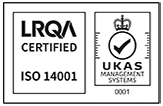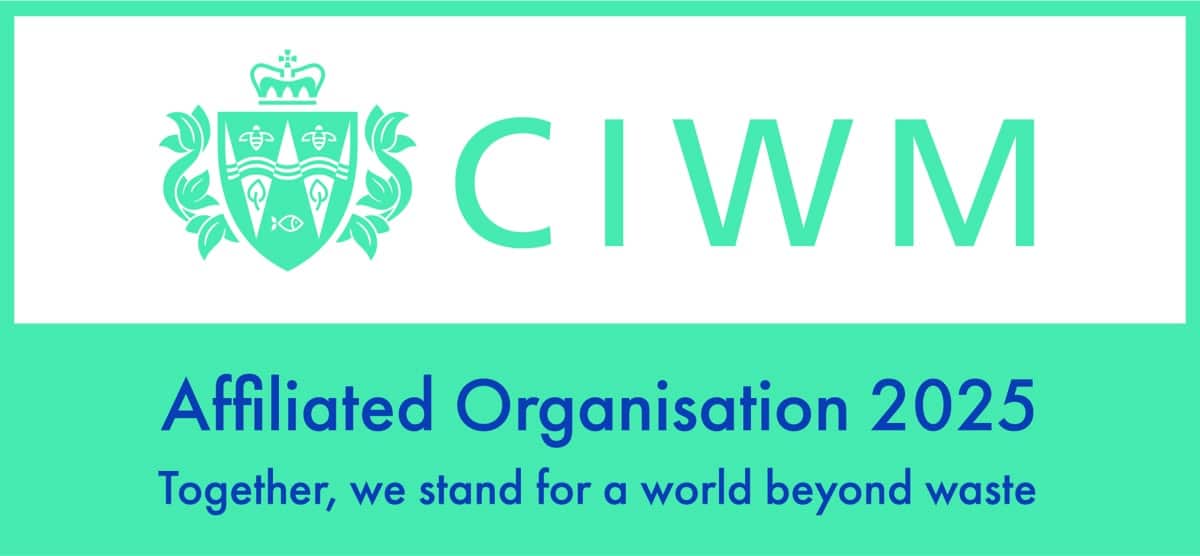
The issues of food waste are far-reaching, not least for the environment where food disposal emits damaging greenhouse gases. But the problems go beyond the food itself – plastic food packaging has come under increasing scrutiny. But what innovations are emerging to make food packaging more sustainable?
Edible packaging
Single-use plastics have come under fire for being particularly damaging to the environment. Coffee cups and their lids. Plastic drinking straws. Plastic bottles. Fortunately, some brilliant minds are hard at work trying to overcome these issues – but it’s not easy. Back in 2015, KFC trialled edible coffee cups made from a wafer coated in sugar paper. Fast-forward to 2020, and it’s clear that edible coffee cups haven’t taken off – yet. But there are edible burger wrappers, edible straws made from 3D printed sugar, and bowls made from mushroom roots all under research.
Soluble packaging
To do away with packaging altogether, some organisations are looking at dissolvable solutions. Food innovator Monosol has developed a transparent, odourless, tasteless and biodegradable film that packages food a little like a washing detergent capsule.
Compostable packaging
Bread-maker Warburtons announced in 2019 that compostable packaging is on the way. And while there’s an increase of biodegradable or compostable packages on the market, the fact is, some of these can only be composted in an industrial composter. Compostable packaging can also lead to littering issues too, whereby consumers discard compostable wrappers because they believe they will decompose in the same manner as an apple core or banana peel.
Reducing excessive packaging
We’ve seen a backlash over the superfluous plastic packaging that protects Easter eggs, and slowly but surely this is changing. Supermarkets have also committed to reducing plastic, with Sainsbury’s pledging to half the amount of plastic in their stores by 2025. It’ll involve removing all plastic bags from fruit and vegetables and selling more products loose by weight. Expect there to be further roll-outs of bring-your-own-container initiatives, that Waitrose trialled last year with much fanfare. And Tesco is ditching plastic-wrap for multipack items to remove 250 tonnes of plastic a year.
A word of caution
While there are exciting developments in food packaging, Green Alliance warned that alternative packaging materials could be even worse for the environment. Glass bottles are heavier than plastic, and so more polluting to transport. Paper bags can have higher carbon emissions than plastic bags and are not as easy to re-use. What’s more, there’s customer confusion over ‘bio-based’, ‘compostable’, and ‘biodegradable’ and various recycling symbols, so packaging is often not disposed of correctly. Solutions need to be easy to understand, as well as better for the environment.
Contact us today to find out more about Rabbit Waste Management’s recycling facilities. Reach us on 01903 762020 or email info@rabbitgroup.co.uk.




